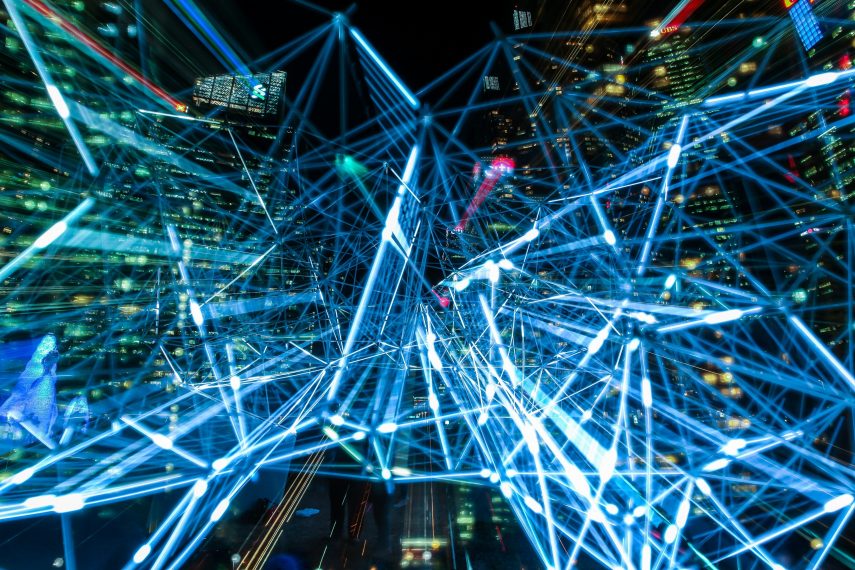Introduction:
Welcome to the second installment of our blog series on the dangers of AI. In this blog, we shine a light on the critical issue of bias and discrimination present in AI systems, specifically focusing on how AI can influence human social behavior. While AI holds tremendous potential to transform our lives, it is not immune to the biases that exist in the data it learns from. It is imperative to understand the consequences of biased AI algorithms, as they can perpetuate societal inequalities and have profound impacts on social interactions. Through real-world examples and an exploration of underlying causes, we aim to raise awareness about the dangers of biased AI and emphasize the importance of addressing this pressing concern.
Understanding Bias in AI:
To comprehend the dangers of biased AI, we must first understand the concept of bias in AI systems. Bias refers to systematic errors or prejudices that emerge when AI algorithms make decisions. These biases can originate from biased training data, flawed assumptions, or inherent human biases inadvertently reflected in the AI models. When AI systems incorporate these biases, they can significantly influence how individuals interact and behave socially, potentially amplifying existing inequalities.
Real-world Examples of Bias in AI Systems:
Real-world examples vividly illustrate the repercussions of biased AI algorithms on human social behavior. Biased algorithms used in hiring processes can perpetuate gender or racial biases, leading to discriminatory hiring practices. Similarly, biased AI algorithms employed in criminal justice systems can result in unfair treatment and disproportionate impact on marginalized communities. These examples underscore the urgent need to address bias in AI systems to ensure fairness, equality, and social harmony.
Unintended Consequences and Amplification of Inequalities:
The unintended consequences of biased AI algorithms can be far-reaching, amplifying existing societal inequalities. When AI systems learn from biased data, they tend to reinforce and perpetuate discriminatory patterns and social norms. This reinforcement can exacerbate divisions, deepen social biases, and hinder progress towards a more inclusive and equitable society. The impact is particularly significant for marginalized groups that are already marginalized in society.
Addressing Bias in AI:
To combat the dangers posed by biased AI, it is crucial to prioritize transparency, accountability, and responsible AI practices. Developers and researchers must work towards identifying and mitigating biases during the development and deployment of AI systems. This includes diversifying the datasets used for training AI algorithms, incorporating ethical considerations, and promoting inclusive practices. Ensuring fairness and impartiality in AI algorithms requires collaboration between technology experts, policymakers, and diverse communities.
The Role of Regulatory Frameworks:
Regulatory frameworks play a pivotal role in preventing bias and discrimination in AI systems. Governments and organizations need to establish clear guidelines and standards for ethical AI development and deployment. These regulations should address issues such as data collection, algorithmic transparency, and auditing of AI systems to promote fairness and protect against bias. Striking the right balance between innovation and accountability is key to harnessing the full potential of AI while minimizing the risks associated with bias.
Conclusion:
The bias exhibited by AI systems presents significant dangers in shaping human social behavior. By understanding the consequences of biased AI algorithms, we can actively work towards mitigating these risks and creating a more inclusive and equitable future. It is our collective responsibility to ensure that AI technologies are developed and deployed in a manner that upholds fairness, transparency, and accountability. In the next blog post of our series, we will delve deeper into the impact of AI on job displacement and the economic implications in our society. Stay tuned for more insights on the dangers of AI and the need for responsible AI practices.
Working with the Koneqt team is the best choice when seeking to gain a deeper understanding of AI. With their expertise and experience in the field, Koneqt’s team can provide invaluable guidance and insights into the complexities of AI technology. They possess a comprehensive understanding of the potential risks, including bias and discrimination, associated with AI usage. Koneqt’s team is dedicated to fostering transparency, accountability, and ethical practices in AI development and deployment. By collaborating with Koneqt, businesses can access their vast knowledge and benefit from their ability to navigate the intricacies of AI, enabling them to make informed decisions about AI integration and implement responsible AI strategies. With Koneqt, organizations can gain the knowledge and support necessary to navigate the challenges and leverage the advantages of AI technology, ultimately leading to more successful and ethically sound AI implementations.
